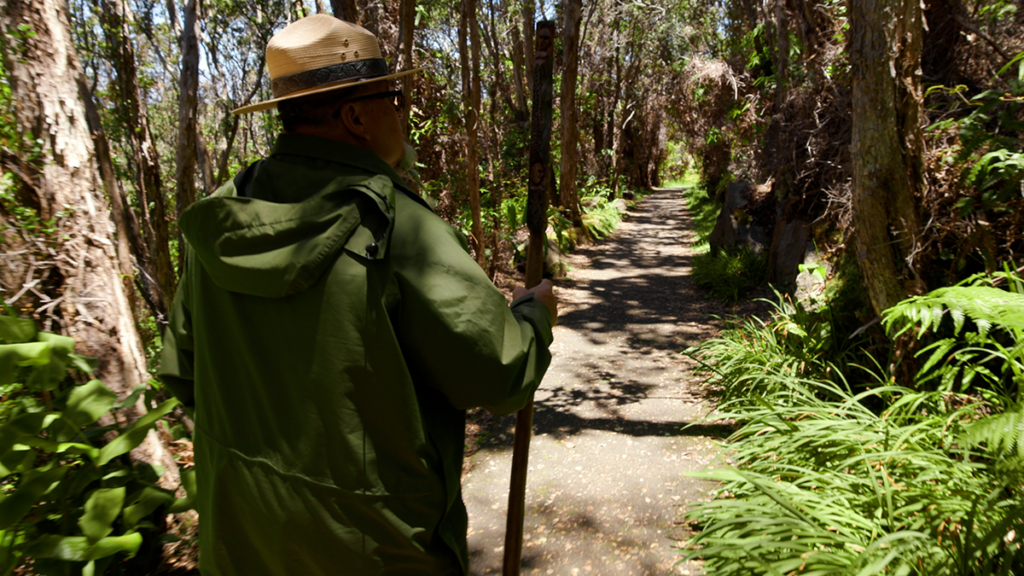Kaua’i
resident Ming Fang sensed the start of an ominous trend when his property taxes
jumped from $500 to $2,400 between 2001 and 2002. But even that hefty hike didn’t
prepare him for the staggering $12,000 bill he received the following year.“Basically,
they’re perpetuating a class system that benefits the very wealthy,” said Fang
, who claims he and other longtime residents are being unfairly penalized by Kaua’i’s
runaway real estate market. “Somebody sells and makes a big profit, but then all
their neighbors’ taxes go up. It’s time to bring some equity back into property
taxes.” Fang, who grows fruit on 12 acres of agricultural land outside Kïlauea,
found plenty of support for his views in a county where property taxes have increased
by an average of 50 percent over the past few years, and much more than that in
booming areas like the North Shore, Köloa, Kaläheo and Kekaha. So it was
relatively easy for Fang and a few dozen tax reformists to collect enough signatures
to place a charter amendment known as the ‘Ohana Kaua’i Proposal on the November
ballot. The measure benefits people who have owned and lived in their homes since
1997 to 1998 by rolling back property taxes to the level they were at that time.  | Illustration:
Scott Thigpen |
About a quarter of Kaua’i’s 25,000
properties would be affected by the amendment’s adoption, said Walter Lewis, one
of the measure’s architects. However, it’s still unclear just what the fiscal
impact would be on the county, though it could be significant, since Kaua’i derives
about half of its revenues from property taxes. Lewis and other advocates
contend the amendment won’t necessarily have any impact on the county budget,
which hit a record $102 million this year. The county could make up for lost revenues
by increasing taxes on properties used as vacation rentals, he said, or cutting
its expenses. Indeed, some people backing the amendment are more concerned
about bringing spiraling county costs under control than reducing property taxes.
Higher property tax revenues have simply spawned increased government spending,
Lewis said, but, “from our point of view, we have not noticed any significant
increase in government services.” In an attempt to stave off the amendment,
the County Council appointed its own citizen task force to develop tax-relief
measures. But while the panel’s proposal is more comprehensive than the charter
amendment-for instance, distinguishing between long-term and vacation rentals
in the tax code-Lewis and others contend it won’t necessarily result in lower
property tax bills. That’s because it would limit assessments only for a few years,
while still allowing the county to set the tax rate. “If they leave the rates
undetermined, the taxes could be anything,” Lewis noted. Neither measure
addresses the basis of the county’s tax law, which allows property to be assessed
at up to 100 percent of its market value. Fang and other critics contend the system
is “arbitrary and capricious,” giving assessors too much discretion and opening
the door to favoritism and corruption. “It’s shameful,” Lewis said. “They should
be able to operate in a more efficient and equitable manner.” But tax reformers
decided to fight that battle another day, and deal first with providing immediate
relief for resident homeowners. “People are being forced to sell their homes because
they can’t pay the taxes,” Fang said. “This will bring some stability back into
the system.” | 








